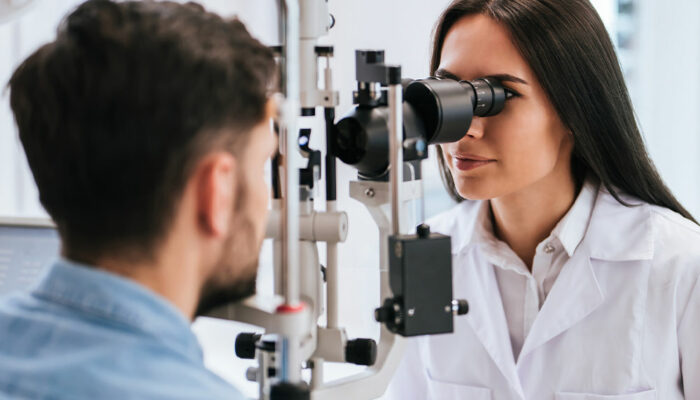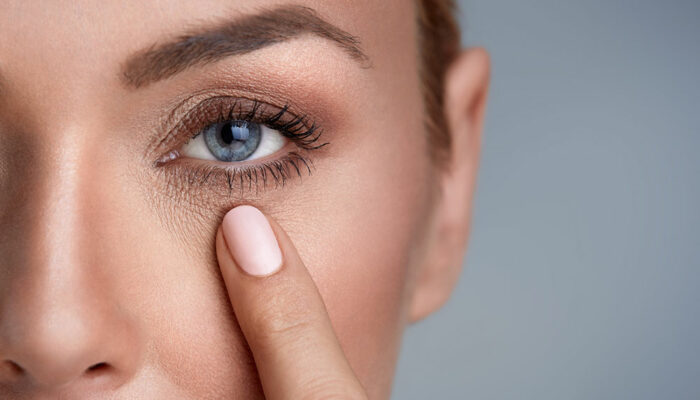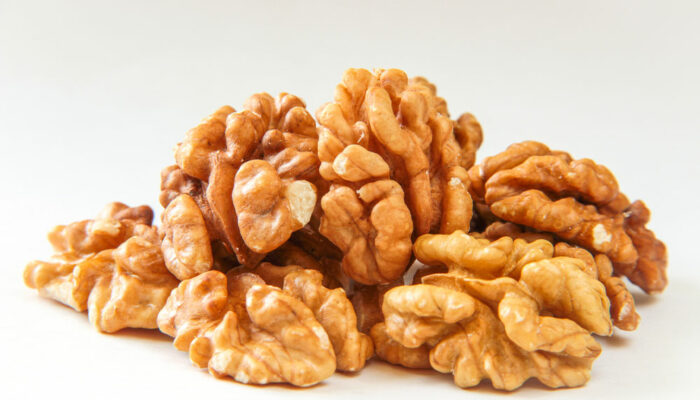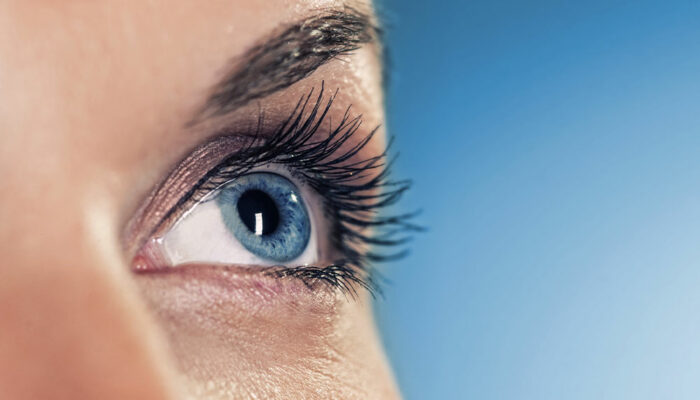
health
Top 4 questions to ask when consulting an ophthalmologist
Eye checkups are incredibly important as they help diagnose common eye-related disorders such as glaucoma, macular degeneration, and cataract in their early stages. Frequent visits to an ophthalmologist can keep eye-related diseases and infections at bay. However, it is normal to have questions before and after an eye exam. Sorting out one’s concerns helps in the preparation and better management of vision health. Here are a few important questions one must ask an ophthalmologist. Important questions to ask the ophthalmologist What tests will I be undergoing today? Typically, an eye test or an eye exam is a test of the patient’s vision. It usually includes the reading out of numbers and alphabets off a chart. However, this chart is often placed at a distance. So, when one struggles to read, the ophthalmologist detects refractive errors and suggests contact lenses or eyeglasses, according to the individual’s preference. But in rare cases, one can also be suggested to undergo further diagnostic tests, especially when risk factors such as high blood pressure and heart disease are involved. What are some easy ways I can care for my eyes? Generally, as a person age, they become more susceptible to eye problems. Hence, one must ask the ophthalmologist how to care for one’s eyes at home.
Read More 








